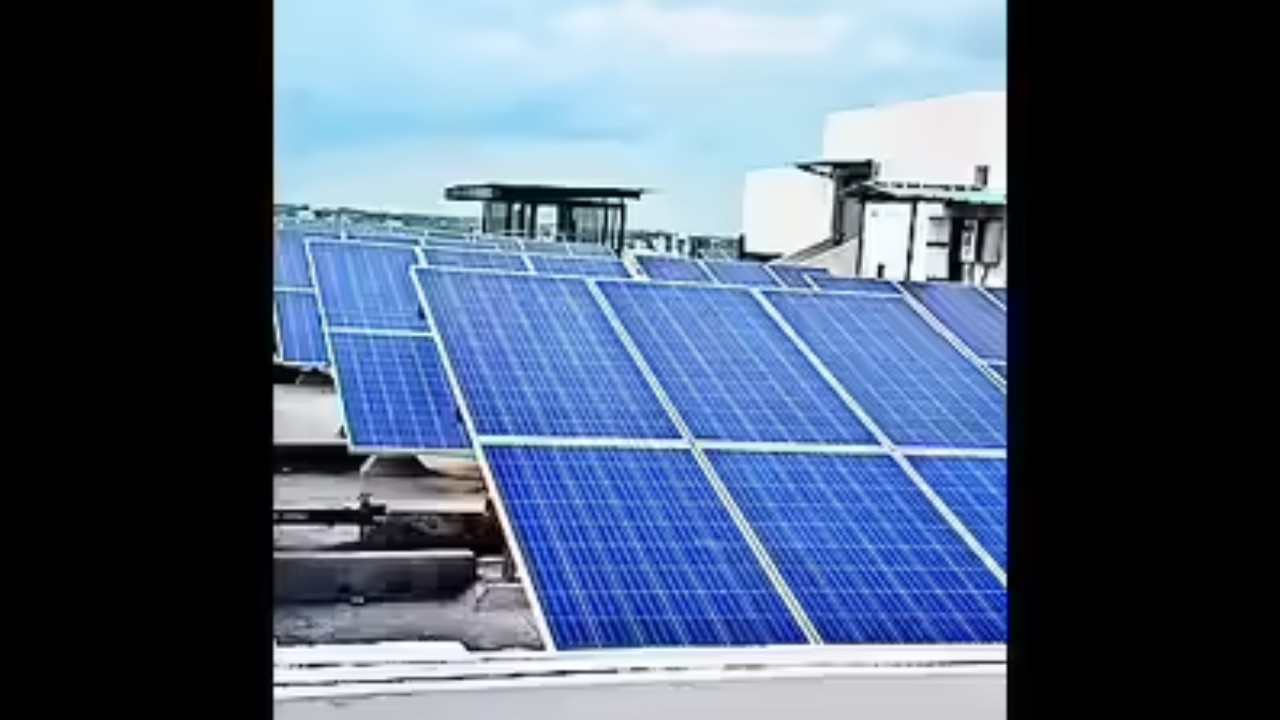US Solar Manufacturers Seek Import Tariffs: A Looming Trade Tussle?
The sun may be shining brightly on the renewable energy sector, but storm clouds are gathering on the trade front. A coalition of American solar panel manufacturers is pushing for the imposition of tariffs on solar imports from India, Indonesia, Laos, and Malaysia. Their argument? These countries are allegedly “dumping” solar products into the U.S. market at unfairly low prices, harming domestic producers.
This isn’t just about a few disgruntled companies. The group, known as the American Alliance for Solar Manufacturing Trade Committee, or AASMTC, claims its members represent significant investments in U.S. solar manufacturing – to the tune of billions of dollars. They contend that these investments are threatened by the influx of cheap imports, necessitating protective measures.
Why Are These Countries Targeted?
The core of the allegation revolves around circumvention. U.S. manufacturers suspect that Chinese companies, facing existing tariffs on their own exports to the U.S., have cleverly rerouted production through these Southeast Asian nations to bypass those duties. This tactic, if proven, would give these countries an unfair advantage, effectively undermining the intent of the original tariffs.
The petition filed by the AASMTC with the U.S. Department of Commerce and the International Trade Commission is a formal request for investigation. If these agencies find merit in the claims, it could trigger a series of events culminating in the imposition of significant tariffs on solar panels imported from the named countries. These tariffs would substantially increase the cost of these imports, potentially making them less competitive in the U.S. market.
The Impact on US Solar Energy Development
The stakes are high, and the potential consequences are far-reaching. While proponents of the tariffs argue they are necessary to protect American jobs and investment, critics worry about the impact on the broader solar energy industry. Increased costs for solar panels could slow down the deployment of solar energy projects, hindering the nation’s transition to cleaner energy sources.

Consider a large-scale solar farm project. The cost of the solar panels represents a significant portion of the overall investment. If tariffs substantially increase those costs, the project’s financial viability could be jeopardized, potentially leading to delays or even cancellation. Smaller residential solar installations could also become less attractive to homeowners if the price of panels rises significantly.
Furthermore, the move could ignite a trade war. The targeted countries might retaliate with their own tariffs on U.S. exports, escalating the situation and creating further economic uncertainty. Navigating the complexities of international trade is always a delicate balancing act, and the potential for unintended consequences is ever-present. For related information, see our analysis on the impact of supply chain disruptions on renewable energy projects.
Navigating the Murky Waters of International Trade
The U.S. solar industry finds itself at a crossroads. On one hand, there’s a legitimate need to protect domestic manufacturing and ensure fair competition. On the other, there’s a pressing urgency to accelerate the adoption of renewable energy sources to combat climate change. Finding a solution that addresses both concerns will require careful consideration and a willingness to compromise.
The Department of Commerce and the International Trade Commission will now embark on a thorough investigation, weighing the evidence presented by both sides. Their decisions will have a profound impact on the future of the U.S. solar market and its role in the global energy landscape. This case highlights the inherent tensions that exist when domestic economic interests collide with the broader goals of global sustainability. The outcome of this investigation will be closely watched by businesses, policymakers, and environmental advocates alike.
The road ahead is undoubtedly complex, but the need to foster a thriving solar industry while ensuring fair trade practices remains paramount. Ultimately, a balanced approach that supports both domestic manufacturing and the widespread adoption of renewable energy is crucial for a sustainable future.







